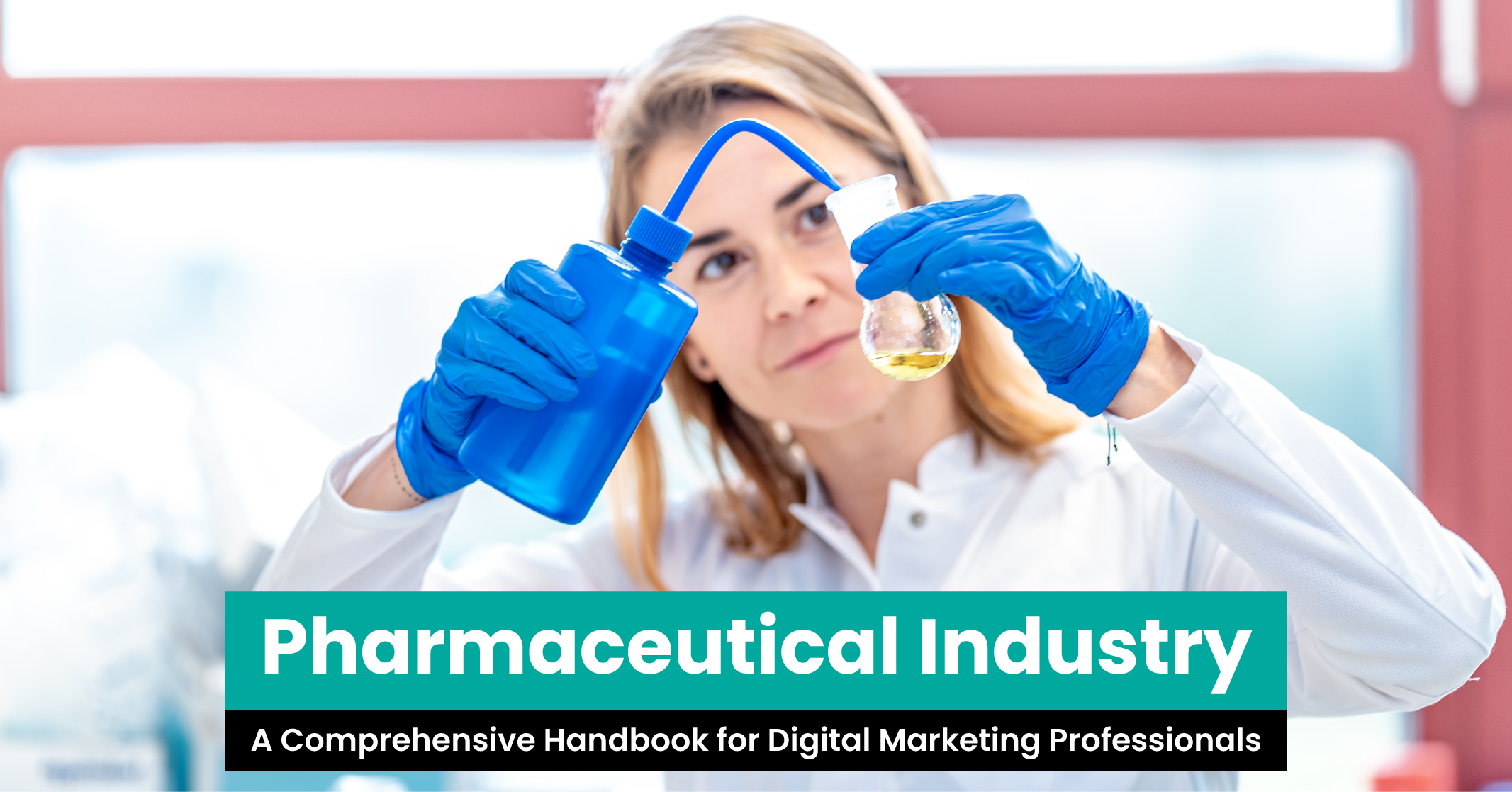I hope you enjoy reading this blog post.
If you want to get more traffic, Contact Us

Click Here - Free 30-Minute Strategy Session
Be quick! FREE spots are almost gone for this Month. Free Quote

The pharmaceutical industry is undergoing a transformative shift, driven by rapid advancements in technology and changing consumer behaviour. Traditional marketing approaches, reliant on in-person sales representatives and physical promotional materials, are increasingly being replaced by digital strategies. Patients, healthcare professionals (HCPs), and other stakeholders now turn to digital platforms for information, communication, and solutions.
This evolution is coupled with regulatory challenges unique to the healthcare sector, demanding compliance with strict advertising guidelines. Furthermore, the growing demand for personalised and accessible healthcare services underscores the role of digital marketing. Understanding this evolving landscape helps pharmaceutical companies align their strategies with modern expectations while maintaining ethical integrity.

Click Here – Free 30-Minute Strategy Session
Be quick! FREE spots are almost gone for this Month
Digital marketing in the pharmaceutical industry entails the strategic use of digital channels to promote products, engage healthcare professionals, and inform patients. This includes leveraging platforms such as search engines, social media, websites, and email to share educational content, promote awareness, and drive understanding around products and services.
Key components of digital marketing in this sector include:
Digital tools facilitate exchange, enabling pharmaceutical companies to provide accurate, timely information while fostering trust.
Digital marketing offers the pharmaceutical industry a powerful means to reach healthcare professionals, patients, and other stakeholders more effectively. It facilitates targeting specific audiences with precision through advanced tools such as behavioural analytics and programmatic advertising.
These advantages make digital marketing an indispensable tool for the pharmaceutical industry.
The pharmaceutical industry’s digital marketing faces unique challenges due to strict regulatory environments, data privacy concerns, and complex audience segmentation. Compliance with healthcare regulations, such as the ASA guidelines in the UK, often restricts the type of content that can be published, limiting creativity. Another challenge is ensuring secure data management to comply with GDPR standards while maintaining transparency with patients.
To overcome these challenges:
Pharmaceutical companies utilise digital marketing to enhance patient engagement and streamline communication with healthcare providers. For instance, targeted email campaigns educate physicians about newly approved treatments, ensuring timely information delivery. Social media platforms enable patient advocacy groups to build awareness of rare diseases and connect with wider audiences.
Search engine marketing is employed to drive traffic to condition-specific websites where users access reliable health information. Mobile apps help patients manage medications by sending reminders and tracking progress. In addition, personalised ads leverage big data to reach specific demographics, improving campaign relevance.
Virtual reality (VR) is used for interactive training modules, benefiting healthcare professionals during product launches.
Digital marketing is transforming the pharmaceutical industry, enabling companies to engage healthcare professionals and patients in innovative ways. By leveraging strategies such as search engine optimisation, targeted advertising, and social media outreach, organisations can enhance brand visibility while remaining compliant with stringent regulations.
Key takeaways include:
Pharmaceutical brands embracing digital strategies position themselves to meet evolving consumer expectations and regulatory demands effectively.

LEAVE A REPLY